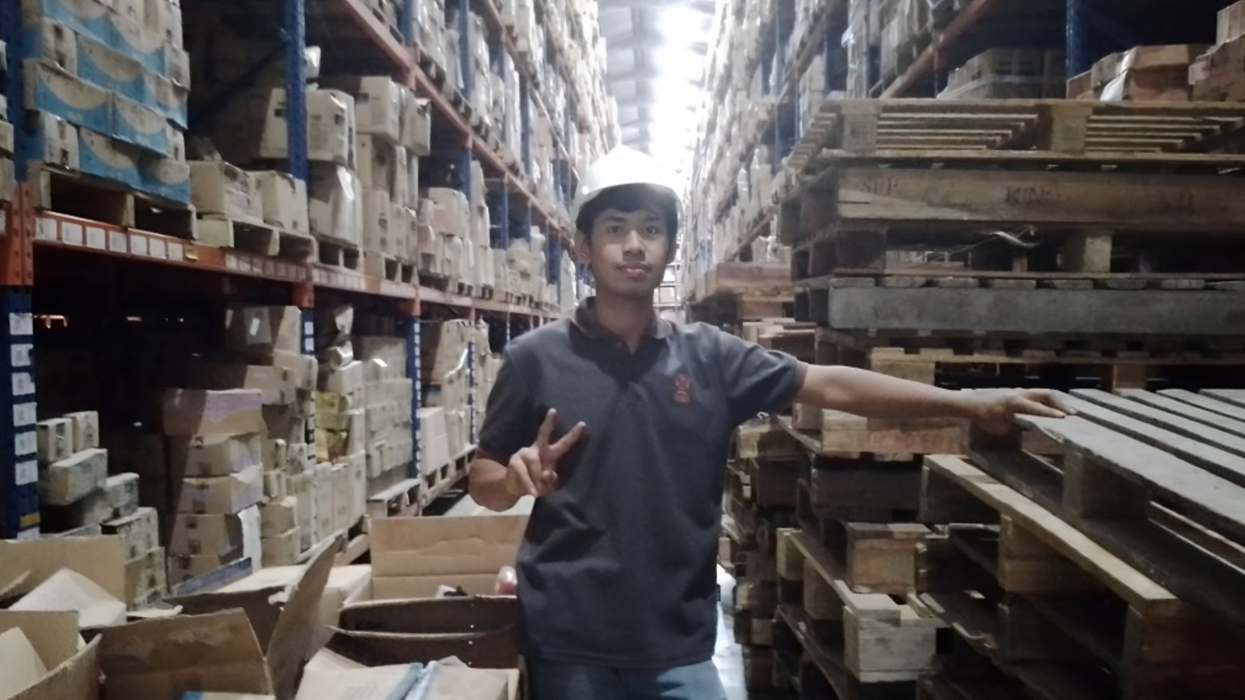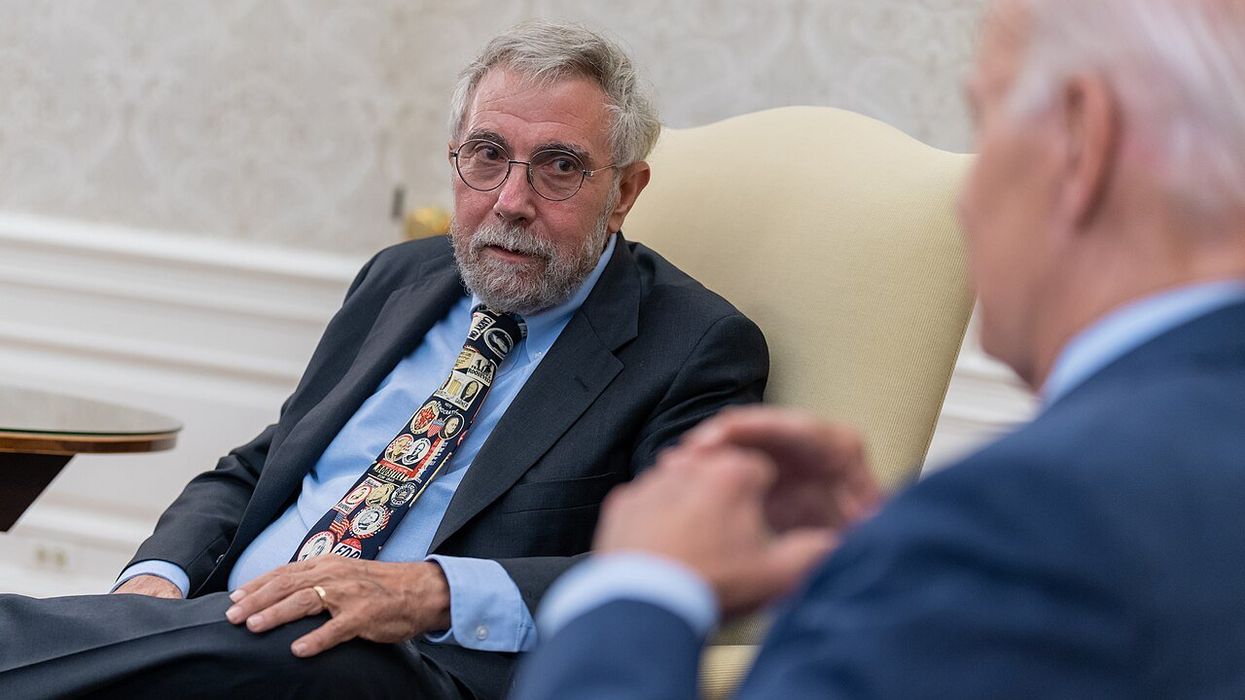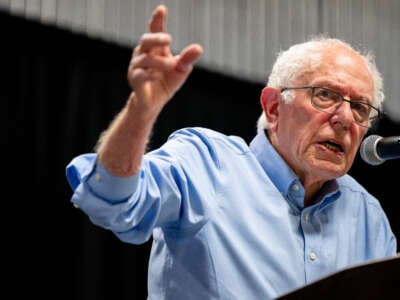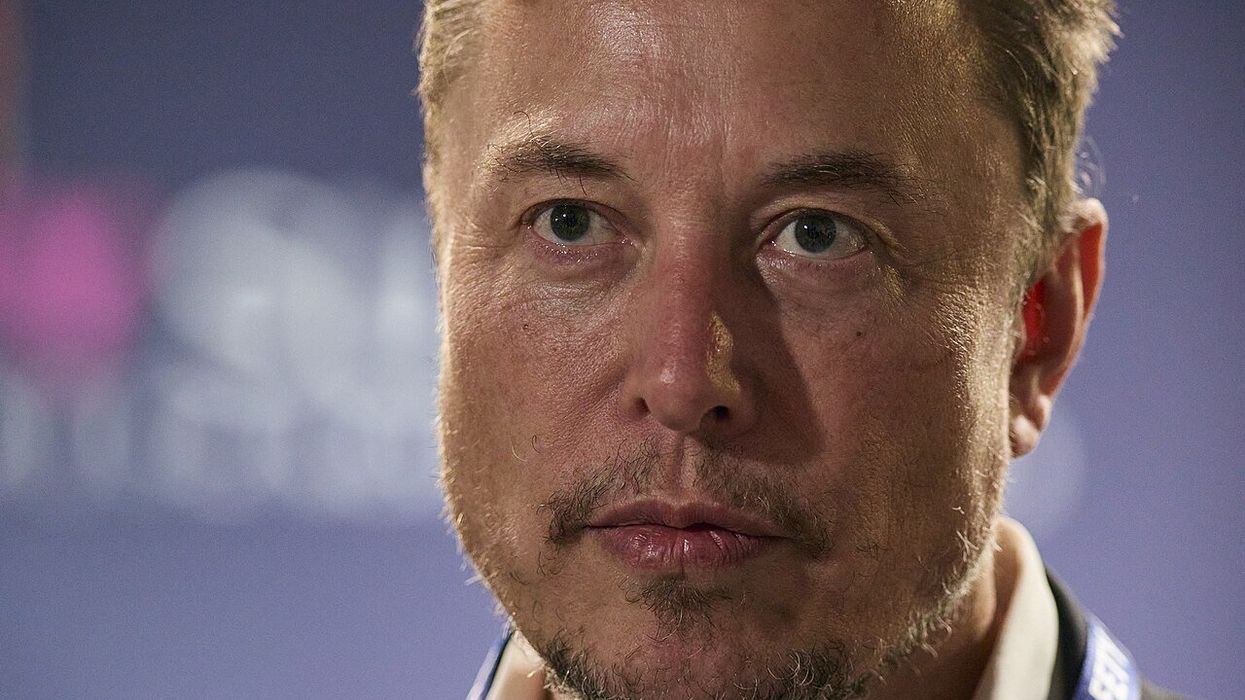December 20, 2024
ALTERNET
Two of President-elect Donald Trump's biggest campaign donors are now being accused of flouting immigration law to staff their factories in two states.
According to the Guardian, Dick and Liz Uihlein — who own the Uline company — have been depending on undocumented immigrant labor for their billion-dollar office supply and shipping business. The Uihleins are allegedly knowledgeable of a scheme in which their company shuttles migrants from Mexico to their factories in Pennsylvania and Wisconsin using the B1 worker training visa. However, while that visa expressly prohibits migrants from participating in normal wage-earning labor, the Guardian's sources say those Mexican immigrants have been doing labor expected of typical hourly workers.
"They were not able to staff their warehouses, especially in Pennsylvania. So they looked at Mexico for workforce," a source with direct knowledge told the outlet.
READ MORE: 'Doesn't make sense': Business leaders poised for clash with Trump over immigration
One document the Guardian obtained showed that the migrant workers shuttled from Mexico would be "receiving training in warehouse safety, understanding how to use vehicle-mounted unit devices and understanding how to identify warehouse locations." But another unnamed source confided that the migrants were "actually doing work. Not training."
Wisconsin-based immigration attorney Marc Christopher told the outlet that the B1 visa "does not allow [migrant workers] to obtain wages for labor in the United States, it absolutely does not." He added that it was "not a close call" in its legality and was “absolutely 100% not allowed” under current immigration law. Ira Kurzban, another immigration lawyer, also opined that the scheme was "clearly illegal." The Guardian's sources said the Mexican laborers at the Uihleins' factories are paid substantially less than their American counterparts.
OpenSecrets' campaign finance records show that the Uihleins were the second-largest Republican donors in the 2024 campaign cycle, giving more than $137 million to Republican campaigns and super PACs. The Uihleins ranked even higher than billionaire X owner Elon Musk, who ranked at #4 on the list of top GOP backers.
Restoration PAC — a super PAC funded by Dick Uihlein — attacked Vice President Kamala Harris on immigration in one of its ads, accusing her of enabling an "invasion" of migrants at the Southern border. The Guardian reports that the Uline company's "shuttle" program for migrant workers from Mexico has been in place for at least three years.
Click here to read the Guardian's report in full.
ALTERNET
Two of President-elect Donald Trump's biggest campaign donors are now being accused of flouting immigration law to staff their factories in two states.
According to the Guardian, Dick and Liz Uihlein — who own the Uline company — have been depending on undocumented immigrant labor for their billion-dollar office supply and shipping business. The Uihleins are allegedly knowledgeable of a scheme in which their company shuttles migrants from Mexico to their factories in Pennsylvania and Wisconsin using the B1 worker training visa. However, while that visa expressly prohibits migrants from participating in normal wage-earning labor, the Guardian's sources say those Mexican immigrants have been doing labor expected of typical hourly workers.
"They were not able to staff their warehouses, especially in Pennsylvania. So they looked at Mexico for workforce," a source with direct knowledge told the outlet.
READ MORE: 'Doesn't make sense': Business leaders poised for clash with Trump over immigration
One document the Guardian obtained showed that the migrant workers shuttled from Mexico would be "receiving training in warehouse safety, understanding how to use vehicle-mounted unit devices and understanding how to identify warehouse locations." But another unnamed source confided that the migrants were "actually doing work. Not training."
Wisconsin-based immigration attorney Marc Christopher told the outlet that the B1 visa "does not allow [migrant workers] to obtain wages for labor in the United States, it absolutely does not." He added that it was "not a close call" in its legality and was “absolutely 100% not allowed” under current immigration law. Ira Kurzban, another immigration lawyer, also opined that the scheme was "clearly illegal." The Guardian's sources said the Mexican laborers at the Uihleins' factories are paid substantially less than their American counterparts.
OpenSecrets' campaign finance records show that the Uihleins were the second-largest Republican donors in the 2024 campaign cycle, giving more than $137 million to Republican campaigns and super PACs. The Uihleins ranked even higher than billionaire X owner Elon Musk, who ranked at #4 on the list of top GOP backers.
Restoration PAC — a super PAC funded by Dick Uihlein — attacked Vice President Kamala Harris on immigration in one of its ads, accusing her of enabling an "invasion" of migrants at the Southern border. The Guardian reports that the Uline company's "shuttle" program for migrant workers from Mexico has been in place for at least three years.
Click here to read the Guardian's report in full.















